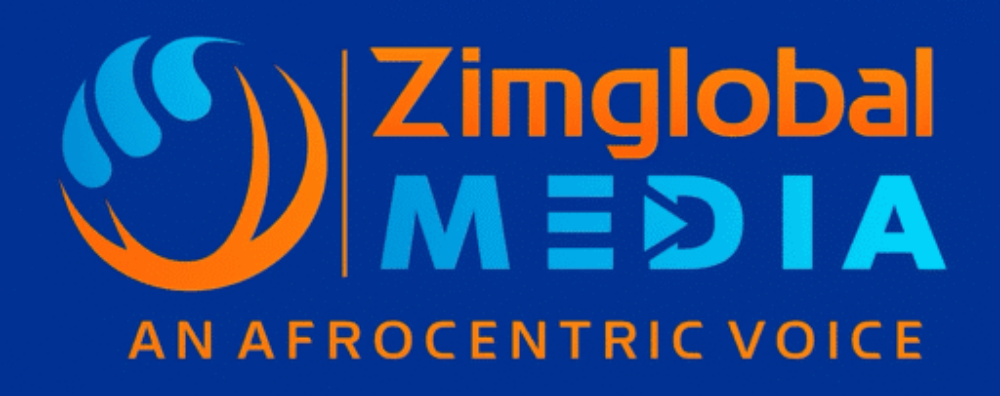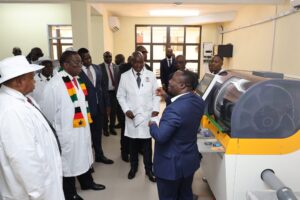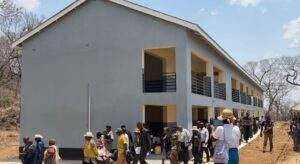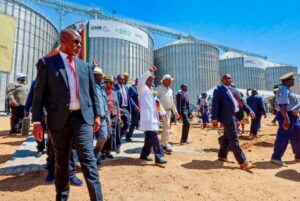President Mnangagwa Set to Headline Anti-Sanctions Summit…
5 min read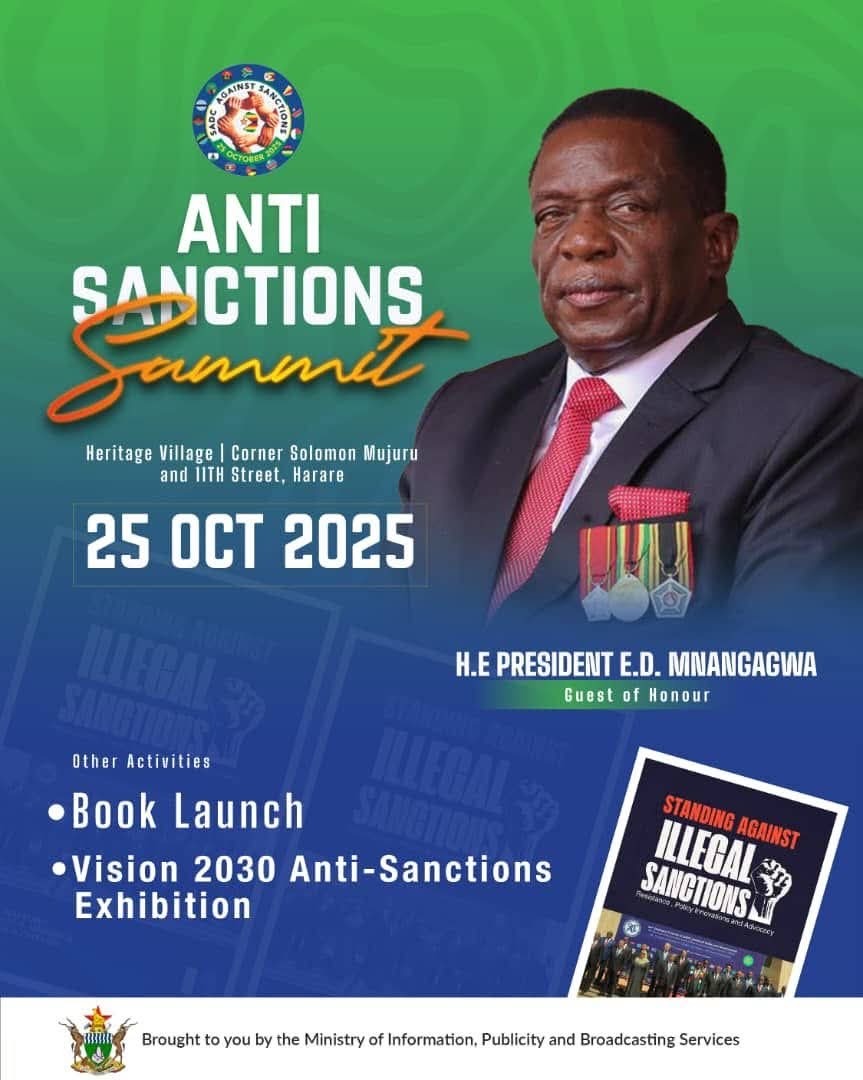
…as Region Rallies Against Punitive Economic Restrictions
Harare – President Emmerson Dambudzo Mnangagwa is set to headline the Anti-Sanctions Summit tomorrow, at the Heritage Village in Harare as Zimbabwe joins the rest of the Southern African Development Community (SADC) in commemorating the Annual SADC Anti-Sanctions Day.
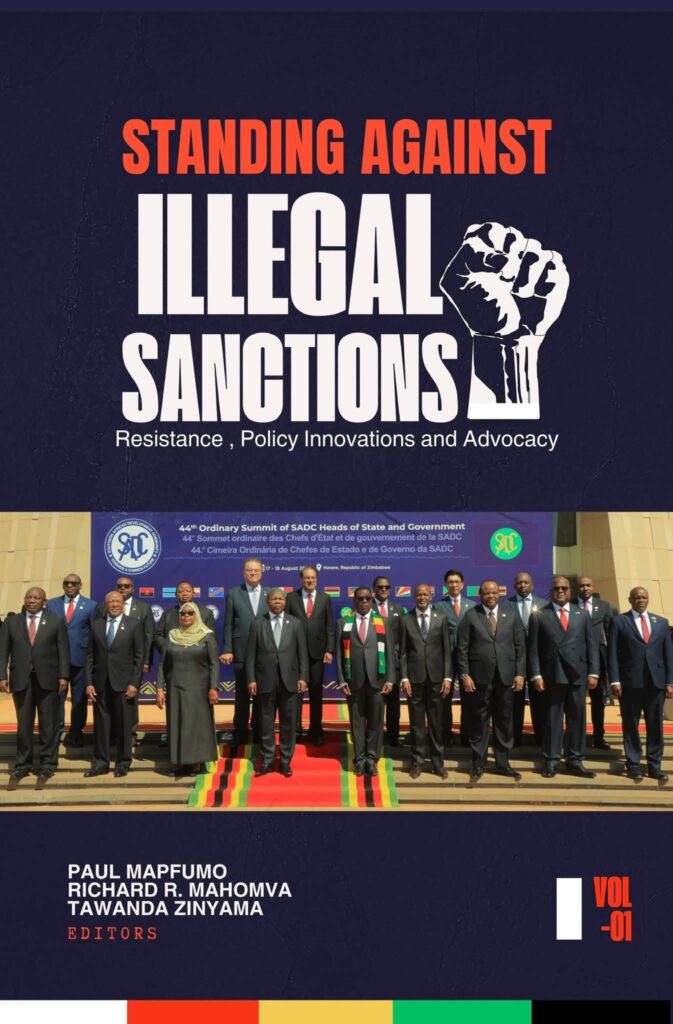
The summit forms part of the regional bloc’s broader campaign to call for the immediate and unconditional removal of sanctions imposed on Zimbabwe by the United States, the European Union, and other Western nations since the early 2000s.
The event, which is expected to attract senior government officials, diplomats, regional representatives, business leaders, civil society organisations, and traditional leaders, will be held under the theme: “Harnessing Regional Unity Against Unilateral Sanctions for Socio-Economic Transformation.”
President Mnangagwa, who is Guest of Honour, is expected to deliver a keynote address that will outline Zimbabwe’s economic resilience and ongoing diplomatic engagement to restore full economic cooperation with the international community.
The Anti-Sanctions Summit is not just a domestic event—it reflects a strong and consistent position taken by SADC since 2019, when the regional body declared 25 October every year as SADC Anti-Sanctions Day.
The move was adopted to demonstrate solidarity with Zimbabwe, arguing that sanctions are unjust, unilateral, and detrimental to the socio-economic rights of ordinary citizens.
Over two decades after the imposition of sanctions, SADC maintains that the restrictions have hampered Zimbabwe’s economic growth, disrupted regional trade, and undermined the bloc’s vision for industrialisation and economic integration.
The sanctions are an impediment not only to Zimbabwe’s economic recovery but to regional development at large.
Zimbabwe maintains that the sanctions—while officially termed “targeted restrictions” by Western governments—have had broader economic consequences and should be lifted unconditionally and in toto.
Government estimates indicate that the nation has lost over US$100 billion in potential revenue and investment since the sanctions were imposed.
In a statement, the Ministry of Foreign Affairs said, “These sanctions have crippled Zimbabwe’s ability to access international credit, blocked foreign investment, and increased the cost of doing business. They have caused untold suffering to our people and have no place in modern international relations.”
Zimbabwe views the sanctions as a continuation of colonial-era attempts to control independent African states, pointing to the land reform programme as the trigger behind the punitive measures.
The United States enacted the Zimbabwe Democracy and Economic Recovery Act (ZIDERA) in 2001, arbitrarily linking sanctions relief to governance, property rights, and electoral reforms.
The Anti-Sanctions Summit will be a high-level national platform featuring key activities and thematic discussions. It will combine political advocacy, intellectual dialogue, and cultural expression.
The Key highlights of the day will include among other things, the Keynote Address by the President His Excellency Dr. ED. Mnangagwa, solidarity presentations from Representatives from SADC Member States and fraternal solidarity groups, Diplomatic Solidarity Statements among others.
The summit will also see the Launch of a Book by a team of renown Academics. With Paul Mapfumo, Richard R. Mahomva and Tawanda Zinyama as Editors, the book is surely a powerful piece that will become a got-to manual on matters to do with Zimbabwe’s story on Sanctions and sanctions in general.
The book, Standing Against Illegal Sanctions:
Resistance, Policy Innovations and Advocacy speaks to the sanctions journey, its impact and how the country has been able to navigate the challenges brought about by the sanctions regime.
The day will also see Anti-Sanctions Exhibition being held with Panel Discussions on Economic Sovereignty and Sanctions Mitigation being hosted.
The Exhibition will showcase local enterprise innovation, highlighting agriculture, mining, infrastructure, and industrialisation projects that have progressed despite sanctions.
The exhibition aims to reinforce the government’s message of resilience, economic diplomacy, and self-reliance.
Most well-meaning Civil society organisations have thawed their view on sanctions, terming them as collective punishment that hurts ordinary citizens more than their intended “targets.”
The Zimbabwe Coalition for Peace and Development said, “Regardless of political differences, we must accept that sanctions have had disastrous effects on public health, education, and job creation. They violate human rights and must be lifted.”
The summit will also explore sanctions mitigation strategies, including, Re-engagement with Western governments, Strengthening partnerships with BRICS nations, Local content policies to boost industrialisation, Currency reforms to stabilise the economy, Regional value-chain participation among others.
Zimbabwe’s recent acceptance as a prospective member of BRICS (Brazil, Russia, India, China, South Africa) has opened new economic opportunities.
Government officials say deeper economic ties with Russia and China, along with new investment from India and Brazil, will reduce dependency on Western financial systems.
Foreign Affairs Minister Ambassador Hon. Prof. Amon Murwira said, “Zimbabwe is a friend to all and an enemy to none. Our foreign policy is anchored on re-engagement, but we will not beg. We will build partnerships that respect our sovereignty.”
Zimbabwe has always made it explicitly clear that, unilateral economic sanctions violate international law and undermine the principles of the United Nations Charter, the African Union’s Constitutive Act, and SADC treaties – and should therefore be lifted forthwith and unconditionally.
Harare has consistently lobbied at the United Nations General Assembly, where many countries from Africa, Latin America, and Asia have condemned sanctions as tools of economic coercion.
This year’s summit will intensify Zimbabwe’s call for the United Nations to adopt a binding resolution prohibiting unilateral sanctions against fellow nations in the grand family of nations.
Beyond speeches and diplomatic statements, tomorrow’s Anti-Sanctions Summit will be a symbolic moment for Zimbabwe—a moment of asserting national sovereignty, affirming economic resilience, and calling for global justice.
For many Zimbabweans, the sanctions debate is more than politics: it is about the right to development, the dignity of a nation, and the future of generations.
As President Mnangagwa prepares to headline the summit, the country will once again demand its place in the global community—not as a pariah state, but as a sovereign nation seeking economic freedom.
Whether one agrees or disagrees with the official stance on sanctions, one thing is clear—the issue remains at the heart of Zimbabwe’s political discourse, economic recovery strategy, and regional diplomacy.
